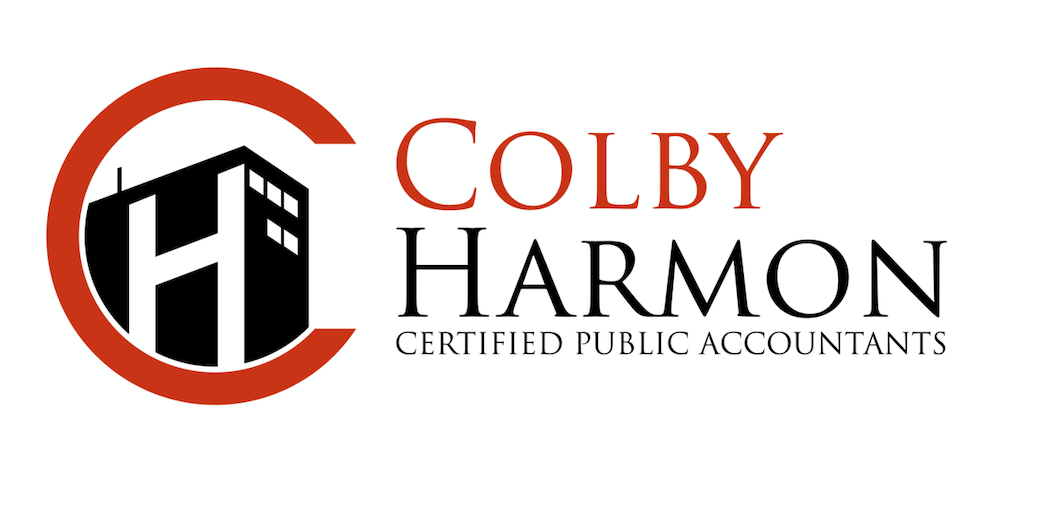I see a lot of properties for sale that are currently operated as VRBOs. These usually come with revenue numbers (unless the revenue numbers are bad) and some expense detail. Invariably, the net income always looks great relative to the list price. This is true for all businesses for sale but we will break apart VRBOs only right now and save business brokers for another day.
The first thing to do after assessing the value of the property in you own eyes and with your own comps is to decide if there is a business premium. Often, these properties are sold (or attempted to be sold) at a higher price because of their income abilities. So, how much more is the property listed at than it is worth?
Next, break up the revenue number. How solid is this? Is there a multi year history supporting this number? Is there booking data supporting it? A tax return? What I often see here are excuses. Oh…the owner used it more last year so revenue wasn’t all that good. Really? Or, did they use it more because it wasn’t booked? Remember, you are paying for what exists, not what the owner thinks can be. If it could BE easily, it already would be.
After that, are the costs legit? I routinely see properties in which the owner does a lot of the work..the maid service, the maintenance, etc. Those are jobs. You don’t pay a premium to get a job anyone can get. It’s good if you want to do that work and have the time, but don’t pay for it. You should see the following costs on any P&L you receive.
Cleaning
Maintenance
Insurance
Property Tax
Supplies
Hotel Tax (possibly, depending upon how they are accounting for it)
If you don’t see these items, you need to add them in when calculating your expected return.
You can make money with a VRBO just as with long term rentals and other investments. But, there are more variables at play than with a long term rental demanding a higher rate of return and make sure you understand the time and cost it will take to operate it successfully. If you are completely hands off and outsource everything, there likely will not be much left unless you purchase at a bargain price.
Additionally, keep in mind that if the income from the vrbo activity is supporting a price in excess of market price for a residence, if your income declines, so too will your value. Your downside risk is greater in this case, just as theoretically, your upside possibilities are greater too. However, often what I see is a downside risk that is greater than the upside from increased bookings and asset appreciation.
